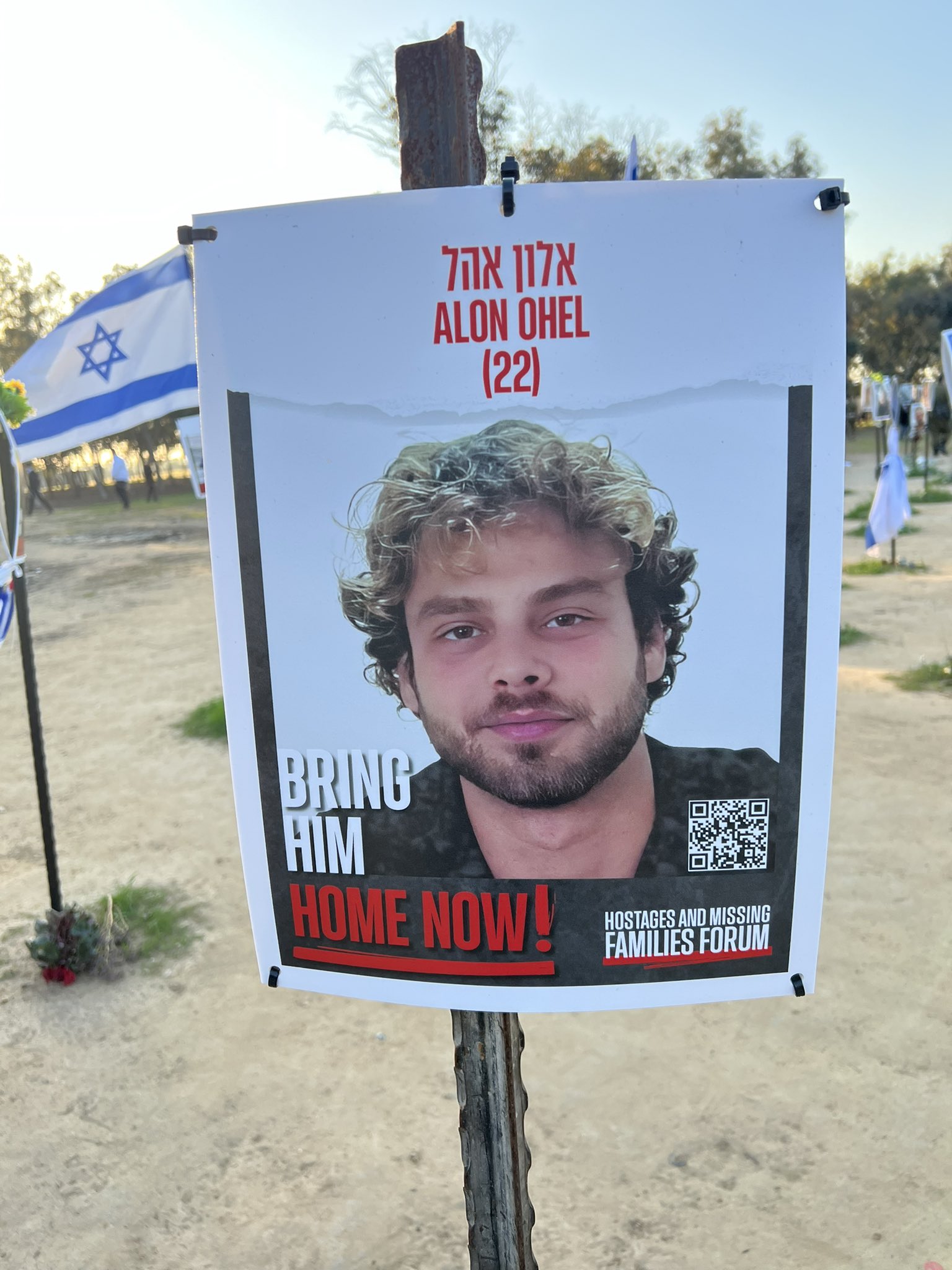The Israeli government rejected an offer negotiated by multiple nations with the Hamas political party in Gaza, which would have initiated a temporary ceasefire and allowed the release of most of the remaining Israeli hostages in Gaza.
Benjamin Netanyahu, the Israeli Prime Minister, stated in a televised press briefing, “Continuing pressure, military pressure, is a necessary condition. Surrendering to Hamas’s delusional demands will only ask for another disaster for the state of Israel, another massacre. We are on the path to total victory. Victory is within reach. Only total victory will allow us to restore security in Israel, both in the north and in the south.”
However, many political analysts have pointed out that it is Netanyahu’s claim that he can free the hostages by force is delusional. The Israeli army has killed nearly 30,000 Palestinians, nearly all of whom are civilians, and destroyed 70% of the infrastructure in Gaza in the past four months, and are no closer to freeing the hostages than they were four months ago.
These were the terms of the ceasefire, which Hamas officials had agreed to, but which the Israeli government rejected in favor of continued bombardment of the civilian population in the Gaza Strip:
- Phase one: A 45-day pause in fighting during which all Israeli female hostages, males under 19, the elderly and sick would be exchanged for Palestinian women and children held in Israeli jails. Israeli forces would withdraw from populated areas of Gaza, and the reconstruction of hospitals and refugee camps would begin.
- Phase two: Remaining male Israeli hostages would be exchanged for Palestinian prisoners and Israeli forces leave Gaza completely.
- Phase three: Both sides would exchange remains and bodies.
According to Middle East Eye, Einav Tzangauker, whose son was taken captive in Gaza by Hamas following the 7 October attack, set up a small tent in the middle of Kaplan Street in Tel Aviv, a major transportation artery, after Israeli officials rejected the offer.
“I will stay here until my son returns from Gaza,” she told Middle East Eye. “If I can’t sleep and live already for 100 days, nobody [in the government] should sleep either.” Other family members of hostages also protested and challenged the Israeli rejection of a deal that would have immediately released many of their imprisoned family members.
Several days before rejecting the ceasefire agreement, the Israeli military admitted “with a high degree of certainty” that Israeli hostage Yossi Sharabi was killed in an Israeli airstrike, after claiming for the past month, and telling his family, that Sharabi had been killed by Hamas.
An estimated 136 Israeli hostages remain in Gaza.
Over 7,000 Palestinians have been taken hostage by Israeli troops, many of them in the past four months. The hostage release deal would have included the release of some of these Palestinian hostages from Israeli captivity, where 8 have died over the past four months and many others have reported forced starvation and torture by their Israeli captors.
The worldwide price of oil increased by 2% following the Israeli rejection of the ceasefire deal.
The previous ‘pause’ in Israeli bombardment was in the end of November. It lasted less than a week, and 110 Israeli and foreign hostages were released by Hamas, while 240 Palestinian hostages were released by Israel.

